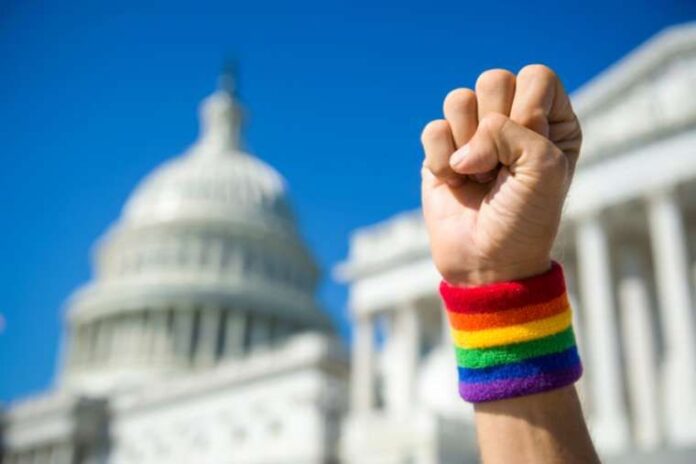
The university’s board of trustees reaffirmed the conduct code in May, in part due to concerns about preserving its affiliation with the Free Methodist Church USA. In reaction, some students and staff held protests and called for the board to be removed. About 80% of the faculty voted to back the employment of people in same-sex marriages.
The university’s bylaws require the president and at least one-third of all trustees to be members of the church, according to Becket. Each year, each trustee must reaffirm his or her commitment to the university’s mission and faith statement.
The six trustees named as defendants include Dr. Matthew Whitehead, currently the lead bishop of the Free Methodist Church who oversees the denomination in the Western U.S., Africa, and Asia. Another defendant is Mark Mason, who serves with Whitehead on the Free Methodist Church Board of Accountability. Seven of the board’s 14 trustees have resigned since last year, with some voicing objections to the conduct code.
“Seattle Pacific University is aware of the lawsuit and will respond in due course,” Tracy Norlen, director of public information at the university’s Office of Communications, told CNA Sept. 19.
The lawsuit against the trustees has a financial aspect. It contends that the board “derives power from its ability to control the highly valuable assets of both the university and its foundation.” The complaint claimed that the university is “financially and structurally imploding” and that these assets will go to the Free Methodist Church if the university dissolves. University assets, land, and buildings exceed $500 million in value, according to the lawsuit.
The lawsuit alleged that the board of trustees now lacks the minimum number of members required by its bylaws. It asked the court to remove the trustees and university officers and put the university into receivership so that new trustees can be elected.
The university faces a $10 million deficit and an enrollment decline since 2015 from 4,175 students to 3,400 last fall. Cedric Davis, a former chair of the board of trustees who resigned over his disagreement with the sexual conduct statement, told the Seattle Times some of the enrollment decline is due to broader trends in higher education. He disagreed with the lawsuit’s claim that the university is “imploding.” Rather, he suggested the school will become smaller and more conservative.
Paul Southwick, the attorney representing the student and faculty plaintiffs, is director of the Portland, Oregon-based Religious Exemption Accountability Project. The project is sponsored by Soulforce, an LGBT advocacy group that has for more than a decade rallied opposition against sexual conduct codes at religious colleges and universities, including Seattle Pacific University.
Soulforce also backs a federal lawsuit that seeks to end federal funding of “any university that discriminates and abuses LGBTQI people.”
University pressured by attorney general
The office of Washington State Attorney General Bob Ferguson also is involved in the legal controversy.
(Story continues below)
After receiving complaints from students and faculty about the conduct code, Ferguson’s office sent a letter to the university in June saying the policies may violate state anti-discrimination law. The letter sought detailed information about how the university applies the policies. Additionally, it sought contact information for those affected by the policies and job descriptions of every position at the school.
Ferguson’s involvement prompted the Becket legal group’s federal lawsuit, filed July 27 in U.S. District Court in Tacoma, challenging the attorney general’s actions.
“If the university changed its employment policies to permit employment of Christians in same-sex marriages, the university would be automatically disaffiliated from the Free Methodist Church. The university would no longer be a denominational institution,” Becket’s lawsuit states.
The university can fulfill its mission, it adds, “only with a faculty of Christians who affirm the university’s Statement of Faith, who affirm the university’s mission, who live out their Christian faith, and who bring their faith into all aspects of their lives, including their teaching and scholarship.”
The U.S. Constitution protects the university’s right “to decide matters of faith and doctrine, to hire employees who share its religious beliefs, and to select and retain ministers free from government interference,” the Becket lawsuit states.
It accuses the attorney general’s probe of violating the constitution’s “clear prohibition on interference in matters of church governance, including entangling investigations of religious employment decisions and the selection of ministers.”








